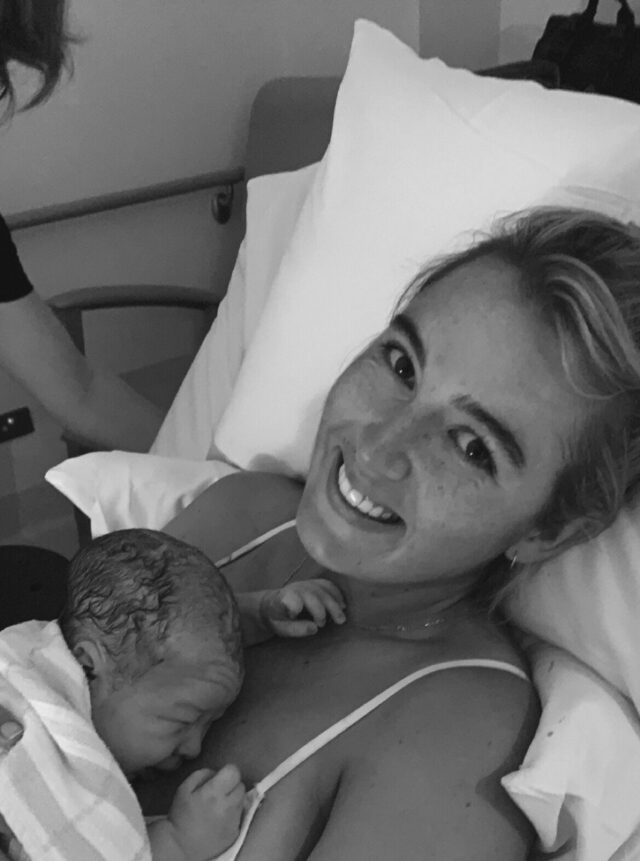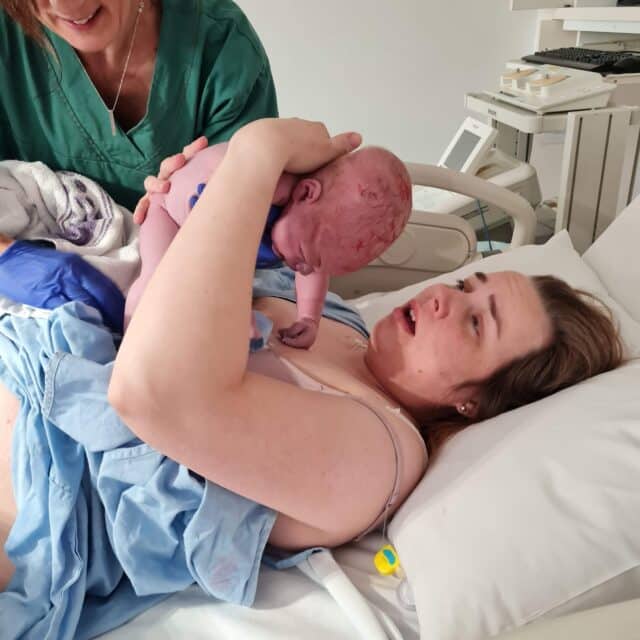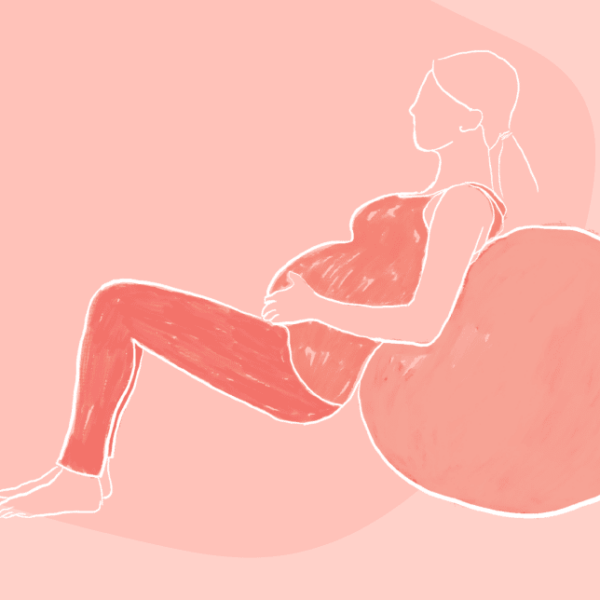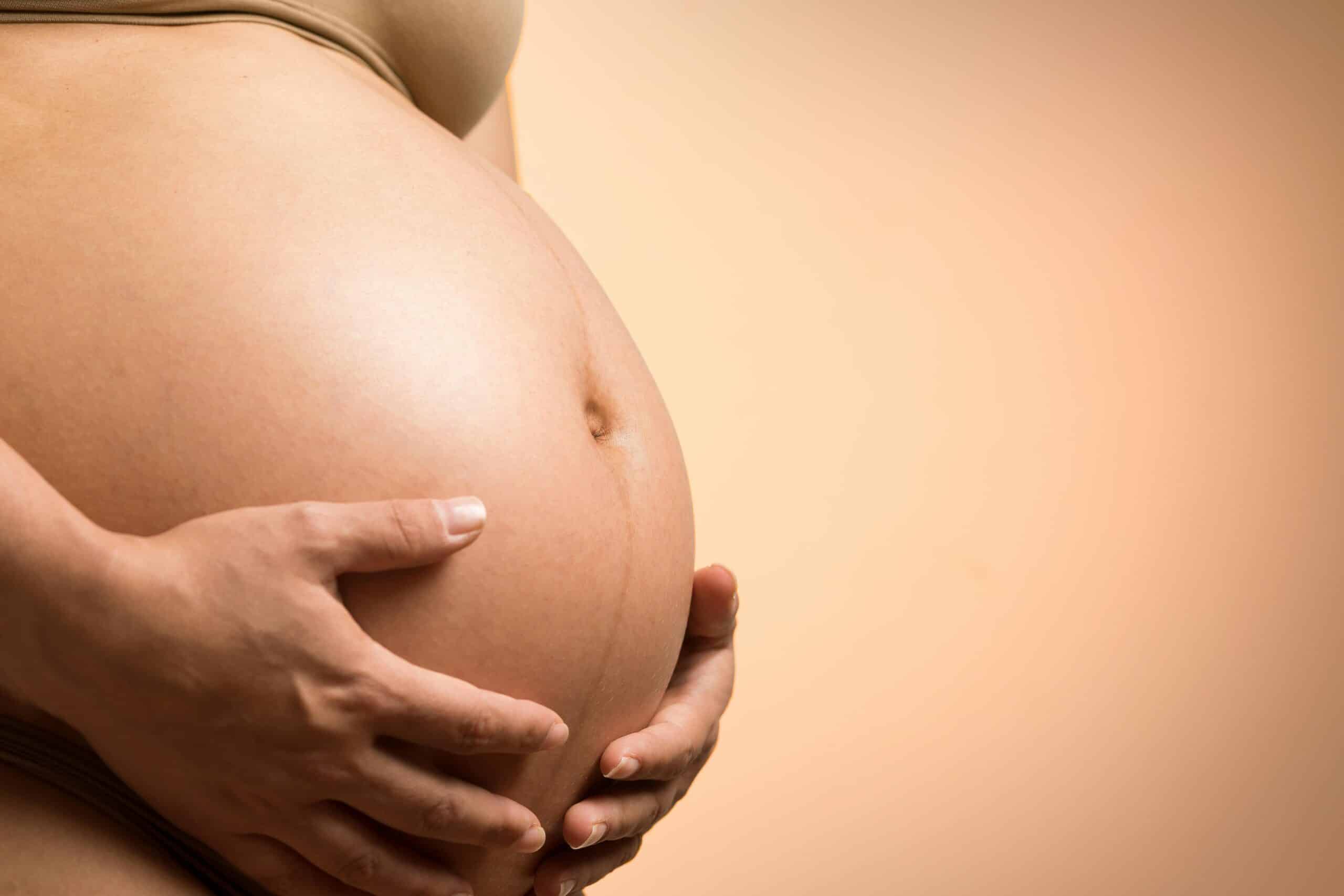Pregnancy The Last Days Of Pregnancy
The Last Days Of Pregnancy

The days at the end of your pregnancy as you wait for labour to begin are unlike any other.
You are heavy, swollen and tired; you weep at the thought of all that’s to come and everything you have already been through. The hours feel like they’re standing still as you sway and rock and cry your way through them; nesting with frantic urgency before collapsing onto the bed with exhaustion. Waiting, always waiting, for a sign that your baby is on its way.
You’re on the cusp of motherhood and as the days pass, it’s easy to slip into a sense of frustration that can easily spiral into overwhelm and doubt. You ask yourself: why hasn’t labour started yet? How much longer will I have to wait?
Many women describe the waiting as a frustrating, anxious time. But what if you choose to regard this part of your pregnancy as a distinct phase? Not just the end of the pregnancy, but the beginning of your body softening and opening in preparation for the first contraction. The Germans have a word – zwischen – which translates to ‘in-between’ and American midwife Jana Studelska has adopted it to describe the last few days of pregnancy.
“The last days of pregnancy – sometimes stretching to agonizing weeks – are a distinct place, time, event, stage. It is a time of in-between. Neither here nor there. Your old self and your new self, balanced on the edge of a pregnancy. One foot in your old world, one foot in a new world,” she says.
We live in a society that controls most things and this time in pregnancy is no different. You may feel a sense of urgency as the days pass, especially if you have passed your estimated due date and you feel the threat of a looming induction. Well meaning friends and family may call or message you, hoping for news, which only adds to the pressure. You just want to meet your baby and you’re not sure how much longer you can cope with the heaviness – both physical and emotional.
Australian doula and birth educator, Rhea Dempsey, is featured in an episode of The Birth Class. In it she discusses physiological birth and the role that hormones play to kick start labour and moderate pain. She highlights the importance of following your instincts in this time of zwischen to allow your hormones the space to do their thing.
“For women to go into labour, they need to be in the sweet, receptive, soft, relaxed, loving vibe… not in angst, worry, anxiety where they feel time pressure or the threat of induction.
If a woman in her late pregnancy can’t follow the whims of her body but instead has her life dictated by a clock, then her body is in a stress situation so there will be more adrenalin in her system and it’s difficult for queen oxytocin to get in there and kick things off. Women need to be mindful of how much time they’re spending in the adrenalised state. Can they opt to be in a more instinctual state?”
Plan Your Zwsichen
If you want to consciously slip into this late-pregnancy instinctual state so that queen oxytocin has the best chance of kick starting labour, actively plan your zwischen. You may like to do the following:
-
If you really want to embrace this sacred time and lean into instinct, don’t make any definite plans. If this feels really foreign to you, perhaps book a reflexology or acupuncture appointment so you have something scheduled that will ground and relax you
-
Remind yourself that your due date is only an estimate and that 80-85% of women give birth after their due date; your baby will come when it is ready.
-
If you feel a sense of overwhelm and frustration, you might like to metaphorically chop wood. This is a yoga pose that’s great to do in late pregnancy. Stand with your feet hip-width apart and your feet turned out. As you inhale, take your arms wide and raise them over your head before clasping your hands together. As you exhale, come into a high squat and bring your arms forward and down as if you’re chopping wood with an axe. You may even like to visualise your fears sitting on the chopping block. Chop your frustration away!
-
Mantra is really important during this time; if you’re in the bath or lying in bed, swirling your hips on the fit ball or taking a gentle walk around your neighbourhood, repeat to yourself: “I am ready for my baby, my body is softening and opening.”
-
Prepare for your first few weeks of postpartum by cooking meals for the freezer. In many cultures, warm, easily digestible foods are eaten for 40 days after birth; think broths, soups and casseroles. The First Forty Days is a beautiful resource if you’re looking for ideal recipes
-
Watch funny films and binge your favourite tv series; laughing to encourage happy hormones is definitely encouraged.
-
That said, let the tears flow when you feel the need to have a big cry. This is an essential form of letting go; you’re making space for your baby to come.
-
Check in with your midwife or OB if you have any concerns, if your baby’s movements have changed or if you feel like you have unanswered questions. You aren’t being a nuisance; it’s your right to lean on them for support and guidance at this time.
-
Swim to loosen your hips and alleviate the heaviness, sleep in, take an afternoon nap, listen to your favourite meditation, journal to record your thoughts and feelings, laugh, cry, eat your favourite foods.
Feel it all, surrender to the heaviness, breathe deep, keep your lips and your tongue soft and relaxed. Your baby is coming and this time is fleeting.
Our Podcast Picks for You
Categories
Related Products
-
The Birth Class
108 reviews$249.00The empowering online childbirth education program that will help you confidently prepare for birth.
Get your copy of our Perineal Massage Guide in your inbox
Keep Reading
We think you might enjoy these articles
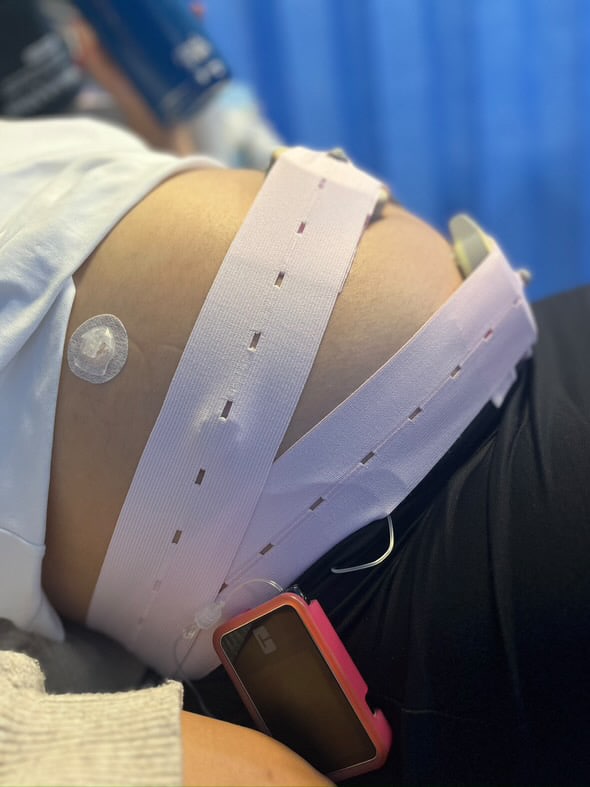
Pre-existing Diabetes and Pregnancy: What You Need to Know

Harnessing the Power of Acupressure: A Natural Approach to Preparing for Birth

Thoughtful Christmas Gifts for your Pregnant Friend.
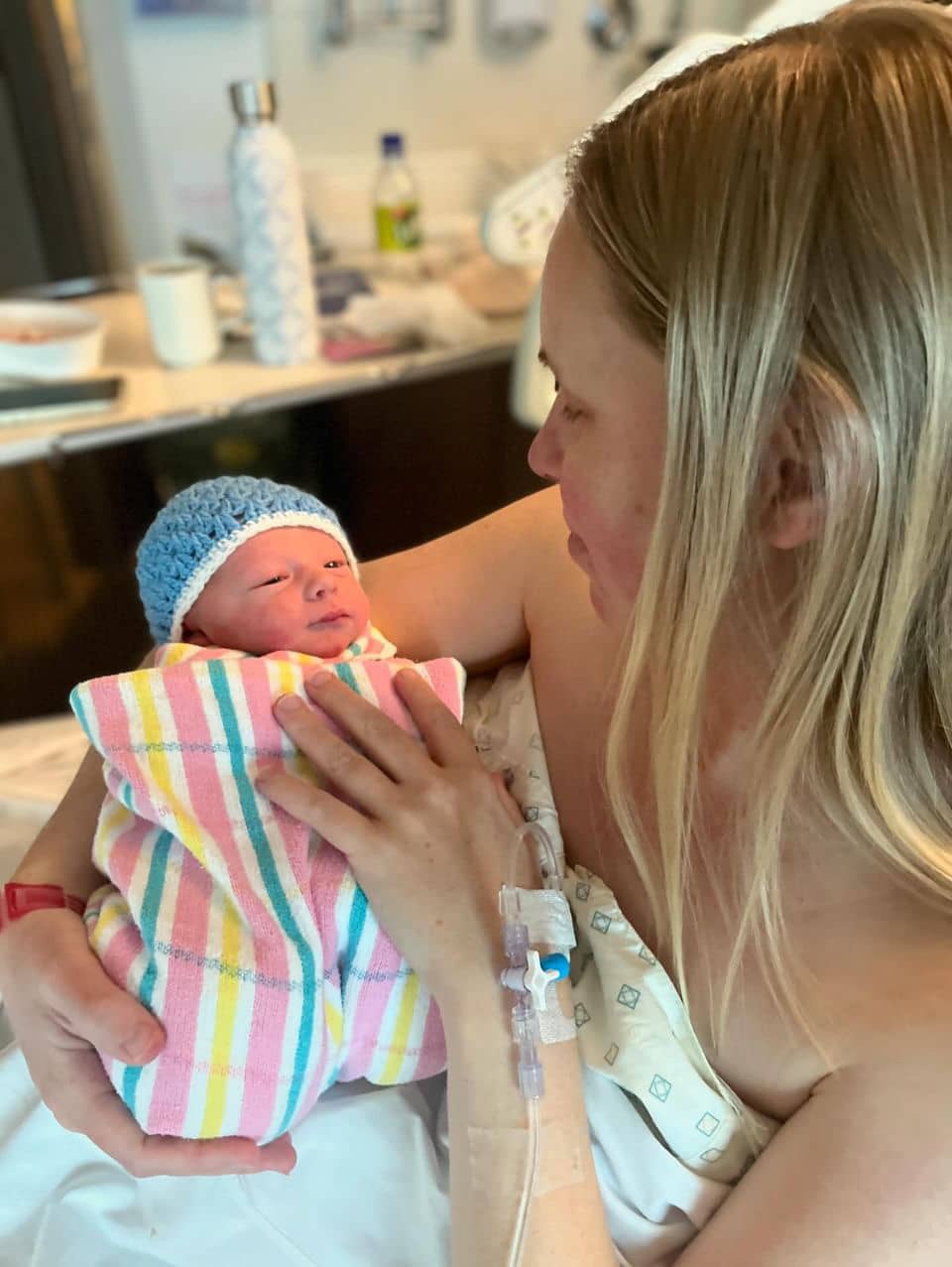
What is Pre-eclampsia?

Non-invasive Prenatal Testing (NIPT)
@AustralianBirthStories
Follow along with us
@AustralianBirthStories
Follow along with us
@AustralianBirthStories
Follow along with us
@AustralianBirthStories
Follow along with us
@AustralianBirthStories
Follow along with us
@AustralianBirthStories
Follow along with us
@AustralianBirthStories
Follow along with us
@AustralianBirthStories
Follow along with us
@AustralianBirthStories
Follow along with us
@AustralianBirthStories
Follow along with us
@AustralianBirthStories
Follow along with us
@AustralianBirthStories
Follow along with us
